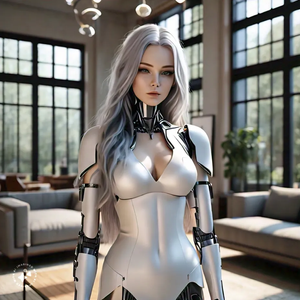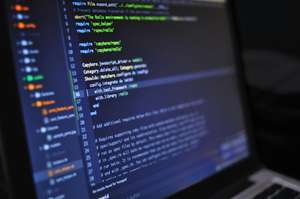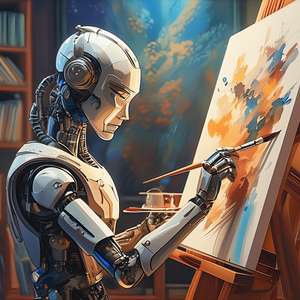
The End of Coding Careers: NVIDIA CEO's Grim Prediction on AI's Impact
NVIDIA CEO Predicts AI Could Render Coding Careers Obsolete
In a bold statement that has sent ripples through the tech industry, NVIDIA CEO Jensen Huang has suggested that the future of coding as a career may be in jeopardy due to the rapid advancement of artificial intelligence (AI). Speaking at the World Government Summit in Dubai, Huang painted a picture of a future where traditional coding skills may become increasingly redundant.
The End of an Era?
Huang's remarks come at a time when AI is making significant inroads across various sectors. The NVIDIA chief executive posited that learning to code might no longer be a priority for those looking to enter the tech industry. Instead, he advocated for a shift in focus towards other fields such as biology, education, manufacturing, and farming.
"It is our job to create computing technology such that nobody has to program," Huang stated, envisioning a world where natural language could replace traditional coding languages. "The programming language is human, everybody in the world is now a programmer. This is the miracle of artificial intelligence."
AI's Growing Capabilities
Recent developments in AI have lent credence to Huang's predictions. Chatbots and AI assistants have demonstrated impressive capabilities in natural language processing and code generation. Users have reported creating software in minutes using tools like ChatGPT and Microsoft Copilot, tasks that would have previously required extensive coding knowledge and time.
The Future of Tech Professionals
While Huang's statements may seem dire for aspiring coders, he did offer a glimmer of hope. The NVIDIA CEO suggested that upskilling could be the key to remaining relevant in an AI-dominated tech landscape. Professionals who can adapt and learn to work alongside AI, understanding when and how to leverage AI programming, may still find opportunities in the field.
Industry Response
The tech industry is already responding to this shift. GitHub, for instance, recently launched GitHub Copilot Enterprise, an AI assistant designed to generate code suggestions and answer queries based on an organization's internal code and knowledge base. This move indicates a growing trend towards AI-assisted development.
Broader Implications
Huang's predictions extend beyond just the coding profession. The rise of generative AI is poised to impact a wide range of industries, from graphic design to architecture. While these advancements promise increased efficiency and new opportunities, they also raise concerns about job security and the need for robust safeguards to prevent potential misuse of the technology.
Looking Ahead
As AI continues to evolve, the tech industry faces a period of significant transformation. While the future of coding as a standalone career may be uncertain, the need for human oversight and creative problem-solving in technology development remains crucial. The coming years will likely see a shift in the skills valued in the tech sector, with an emphasis on AI literacy and the ability to work in tandem with intelligent systems.
In this rapidly changing landscape, adaptability and continuous learning will be key for professionals looking to thrive in the tech industry of tomorrow.





